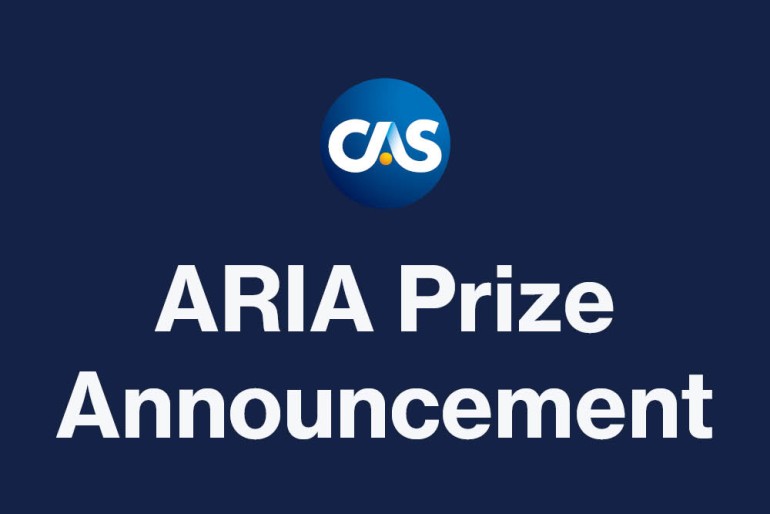CAS Announces ARIA Prize

Three academics from Germany have won the ARIA Prize, a CAS-sponsored award established in 1997. The ARIA Board of Directors recently announced the paper “Detecting insurance fraud using supervised and unsupervised machine learning” by Jörn Debener, Volker Heinke and Johannes Kriebel in volume 90 of the Journal of Risk and Insurance as winner of the 2024 ARIA Prize by the CAS. The ARIA Prize is awarded to the author of a paper published by the American Risk and Insurance Association. ARIA publishes two academic journals quarterly (Journal of Risk and Insurance and Risk and Insurance Management Report). The winning paper provides a valuable contribution from the academic community to practicing casualty actuaries.
The paper acknowledges that insurance companies face a big problem with fraud, which has led to a lot of interest in using machine learning to solve it. While researchers have focused a lot on using supervised learning to detect fraud, unsupervised learning hasn’t been studied much in this area. As a result, there’s not enough information to decide which type of machine learning is better for spotting insurance fraud. In this study, the researchers compare supervised and unsupervised learning using data from real insurance claims. They also partnered with an insurance company to test how well each method works in finding new fraudulent claims.
Some key findings include the following:
- Unsupervised learning, especially using isolation forests, can effectively detect insurance fraud.
- Supervised learning also works well, even though there are few labeled cases of fraud.
- Each method finds new fraudulent claims using different types of input information.
Based on these results, the researchers recommend using both supervised and unsupervised learning together rather than choosing one over the other.
The Prize presentation will take place at ARIA’s Annual Meeting this August. One of the authors of the prize-winning paper will be invited to present the paper at a CAS meeting.
